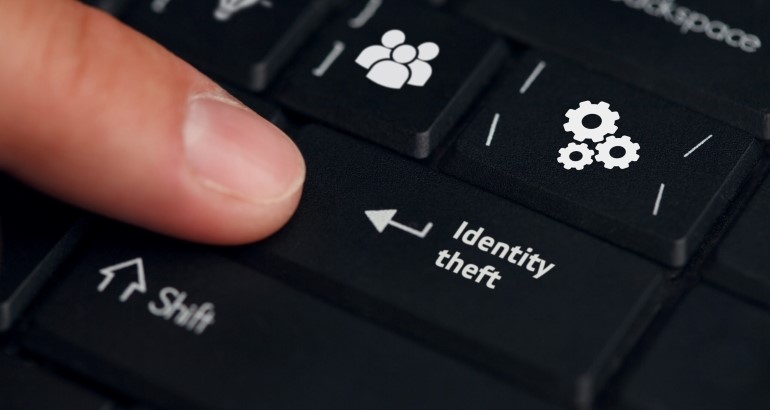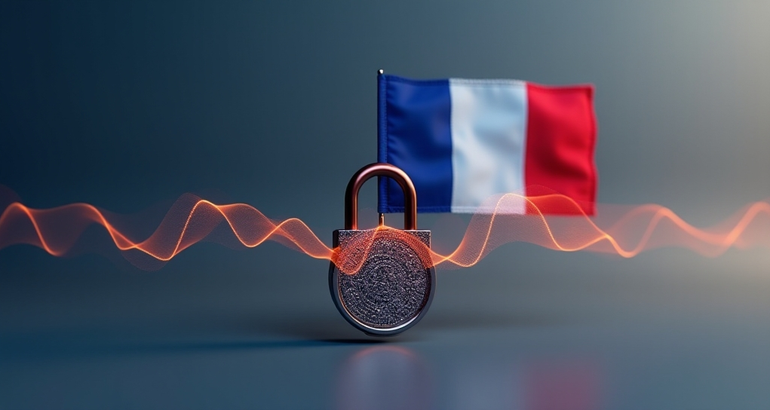Identity theft: Hazards and Protection

- Online threats
- Privacy





Overview
Identity theft is the illegal acquisition and use of another person's personal or financial information for unauthorized transactions or purchases. In short, identity theft involves using someone's personal information to defraud them and gain financial benefit. Identity theft is a serious criminal offense that can cause significant loss and trouble for victims.
Contents
How do identity thieves obtain your information?
What are the reasons for identity theft?
How can you detect if your identity has been stolen?
What are some ways to protect yourself from identity theft?
How do identity thieves obtain your information?
Identity thieves have many methods for obtaining your personal information, such as your name, date of birth, social security number, bank account number, credit card number, passwords, etc. Here are some common ways:
① Hacking
By hacking into your electronic devices, email, social media accounts, etc., identity thieves can steal your information.
② Phishing
By sending phishing emails, calls, or texts, identity thieves impersonate legitimate institutions or individuals to trick you into providing your information.
③ Theft
By stealing or picking up your wallet, mail, documents, etc., identity thieves can acquire your information. ④ Monitoring By installing cameras, keyloggers, or other devices in public places or online, identity thieves can monitor or record your information.
⑤ Social engineering
By exploiting your relationships with family, colleagues, employees, etc., identity thieves can obtain information about people you trust.
What are the reasons for identity theft?
① Economic motives
Identity thieves typically steal other people's identities for illegal economic gain, such as opening new accounts or credit lines, receiving medical care with stolen insurance information, claiming tax refunds, or presenting someone else's personal identification during an arrest. Identity thieves may use black markets or the dark web to sell or exchange the personal information they steal for greater revenue.
② Social motives
Sometimes identity thieves steal other people's identities for social or psychological reasons, such as avoiding legal responsibility, hiding their true identity, or imitating someone else's lifestyle. Identity thieves may feel dissatisfied or insecure about their own identity, or have an admiration or jealousy for the person they want to impersonate.
③ Technical motives
Identity thieves may also steal other people's identities for technical or challenge reasons, such as testing their hacking skills, showcasing their abilities, or competing with other cybercriminals. Identity thieves may see stealing other people's identities as a game or entertainment without considering its impact on victims and society.
How can you detect if your identity has been stolen?
① You receive notifications or confirmations of credit cards, bills, loans, or merchandise that you did not apply for or purchase.
② You find accounts or transactions on your credit report that you don't recognize.
③ You receive notices of legal disputes, tax issues, or fines that you did not participate in.
④ You find your personal information, such as name, address, phone number, email, or social security number, has been changed or leaked.
⑤ You receive phishing emails, calls, or texts from strangers or institutions requesting your personal information or verification.
⑥ You find your social media, email, bank account, or other online services have been locked, passwords changed, or accessed abnormally.
What are some ways to protect yourself from identity theft?
① Create complex passwords and change them regularly
Your password should include uppercase and lowercase letters, numbers, and special characters, and avoid using information like your birthday, name, phone number, etc., which could be easily guessed. You can also use a password manager to generate and save your passwords.
② Enable two-factor authentication
Two-factor authentication is a method to increase account security by requiring a code received through phone or email in addition to entering a password during login. Even if your password is compromised, identity thieves cannot access your account without this additional code.
③ Use secure websites and network connections
When shopping or banking online, ensure that the website is secure, with a URL that starts with https and has a lock icon. Also, avoid using public Wi-Fi or computers, which may be vulnerable to hacking or malware.
④ Be cautious of phishing emails and calls
Phishing emails and calls are commonly used by identity thieves to trick you into providing personal information or clicking on suspicious links or attachments. You should be vigilant against these emails and calls and not trust or reply to them, or open or download any unverified content.
⑤ Regularly check credit reports and bills
Credit reports and bills can reflect your financial activity and status. If there are any unfamiliar transactions or debts, it may indicate that your identity has been stolen. You should contact the relevant institutions or authorities promptly, verify, and correct these errors.
⑥ Browsing online with MetroVPN
MetroVPN is an excellent VPN service that can provide you with a fast, stable, secure, and private network connection. When you use MetroVPN , your network traffic will be encrypted and forwarded through a remote server , which can hide your real IP address and geographic location , preventing your network activities from being tracked or monitored . MetroVPN can also help you bypass network censorship and geographic restrictions , allowing you to freely access any website and content. MetroVPN is a trustworthy network security tool that can effectively protect you from the threat of identity theft.






